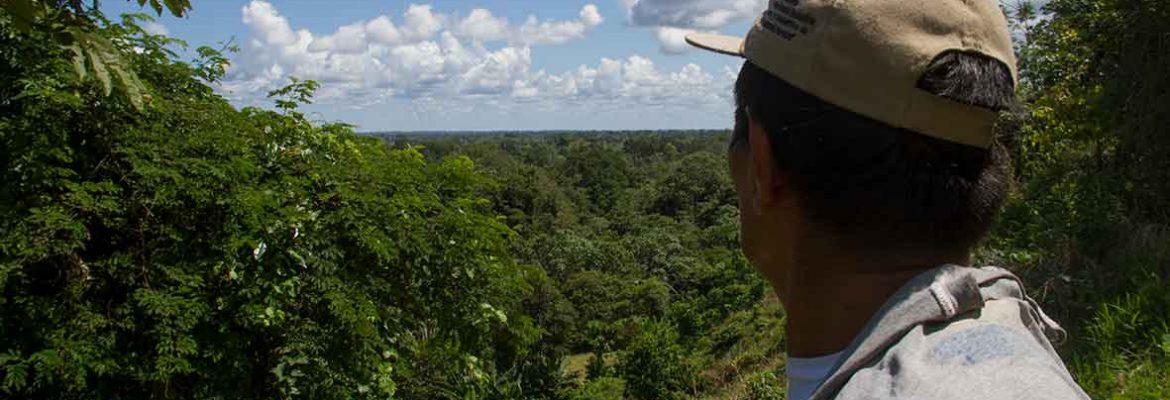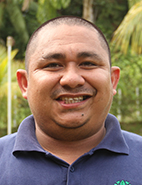

Write: Valeria Saldaña, biologist, and Marcial Martínez, forestry engineer, CEDIA cooperators
For more than ten years, the polluters, their authorities and representative organizations of civil society in the province of Ucayali have expressed, through letters and memorials to the Regional Government of Loreto and the Peruvian State, their interest in conserving natural wealth from “Aguas Calientes Maquía”. This natural space is expected to be established as a Regional Conservation Area (ACR).
This area of our Amazon stands out for its natural resources and scenic beauty, it has waterfalls, mountain ranges and unique hot springs in Loreto, as well as wetlands, wild fauna and flora that are the pride of the entire polluted population.
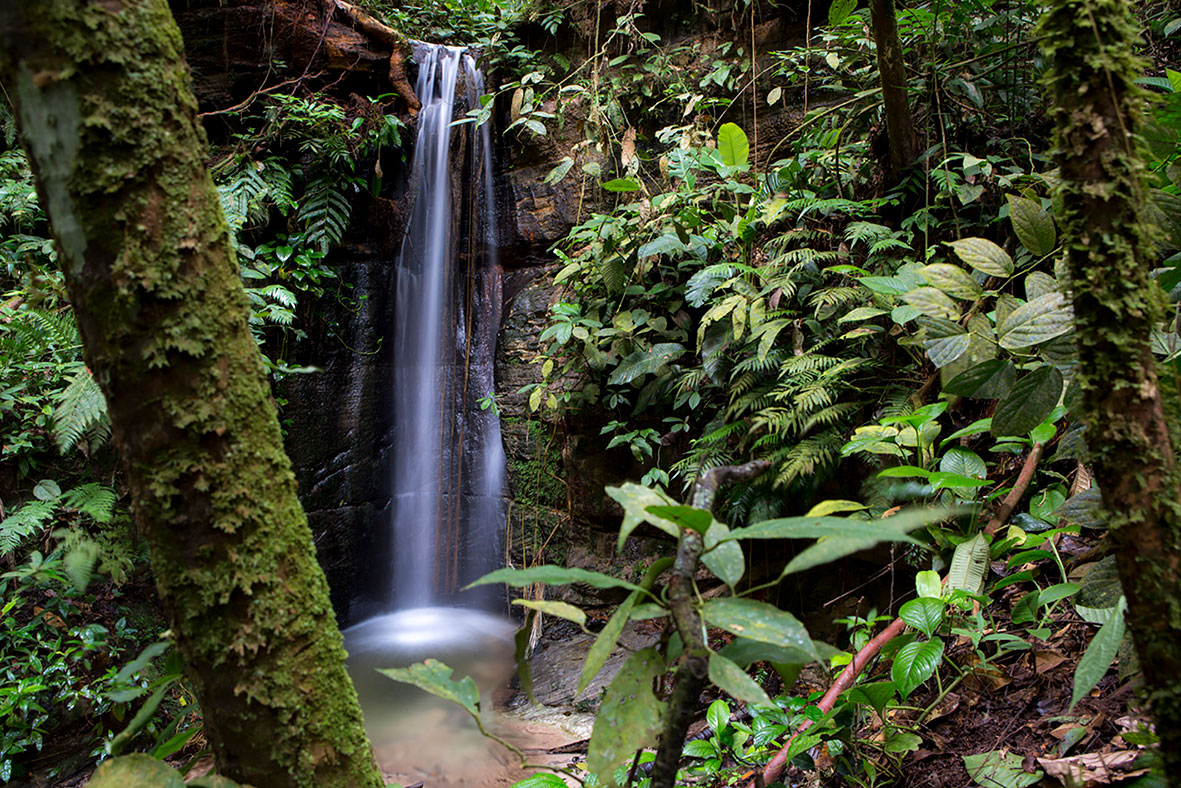
With the passing of time and awaiting its establishment as a regional conservation area, Aguas Calientes Maquía has suffered multiple and devastating threats related to invasions by land traffickers, illegal extraction of wood and fish, planting of illicit crops, among others. These threats put the fragile ecosystems that exist in the area (mountain forests and wetlands) at risk and threaten the lives of many families who benefit from the sources of water suitable for consumption and the food (flora and fauna) that this offers. zone.
For these reasons, the authorities, the population and the Asociación de Pueblos Cinco Unidos[1] they emphasize the importance of safeguarding and conserving Aguas Calientes Maquía, establishing it as an ACR. This action would guarantee the conservation and sustainable use of natural resources, providing well-being to the families of the area and allowing them to develop activities that improve their economic income, without neglecting their cultural and ancestral practices that they carry out in harmony with nature.
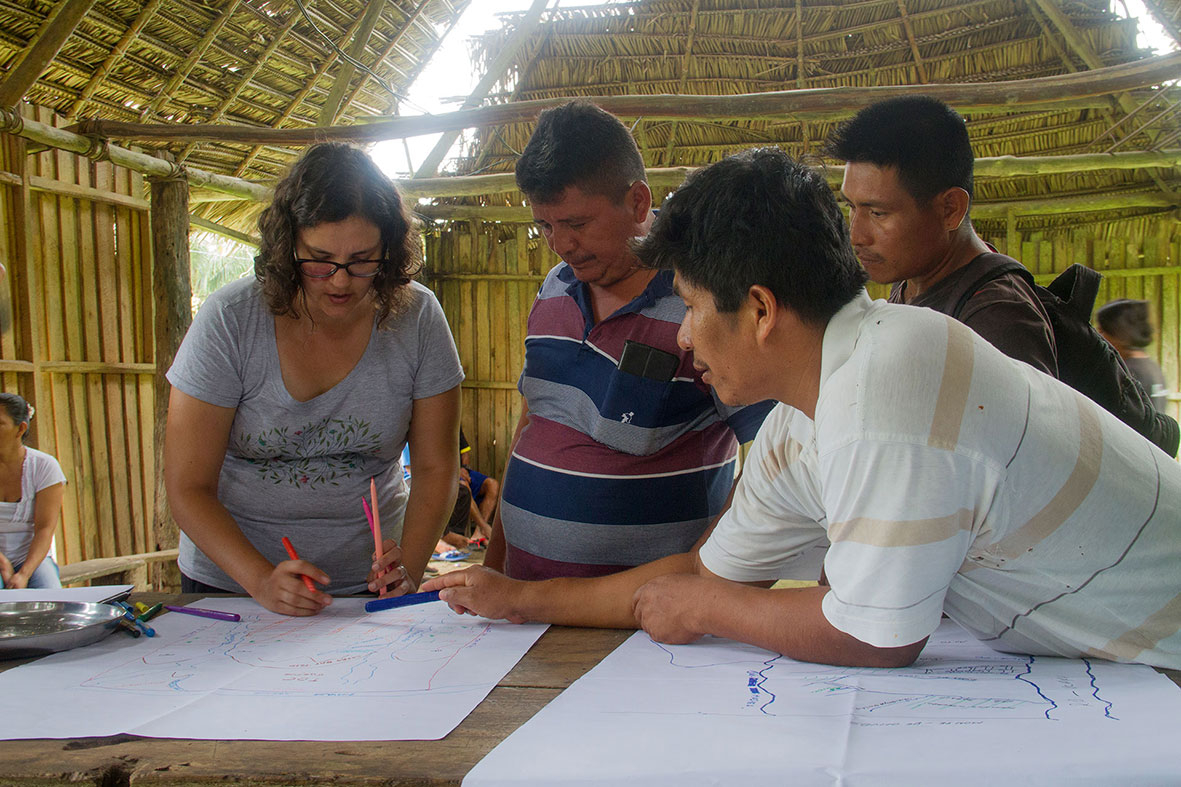
However, the establishment process has not been directed in the best way, since it presents difficulties that we consider "bottlenecks" and that are the cause of the delay and the clumsy progress of its establishment. For example, to date there are no guidelines and tools for the resizing processes of the Permanent Production Forest (BPP)[2], because the competent authority, that is, the Forest and Wildlife Service - SERFOR, is still not clear about the Forest Zoning process (ZF) in our department. This process has been developed through four modules and we are currently only in module I, due to the magnitude of the surface and complexity of the ecosystems found in this part of Peru.
East module I, to which we refer, corresponds to the Ecological Protection and Conservation Zone - ZPCE comprising the prioritized ecosystems for the conservation of biodiversity, including Protected Natural Areas (ANP). Its analysis consists of valuing the spaces that correspond to fragile ecosystems that, due to their low resilience or ability to return to their original conditions, are unstable before any human action[3]. For this reason, in these areas no activity other than conservation could be developed.
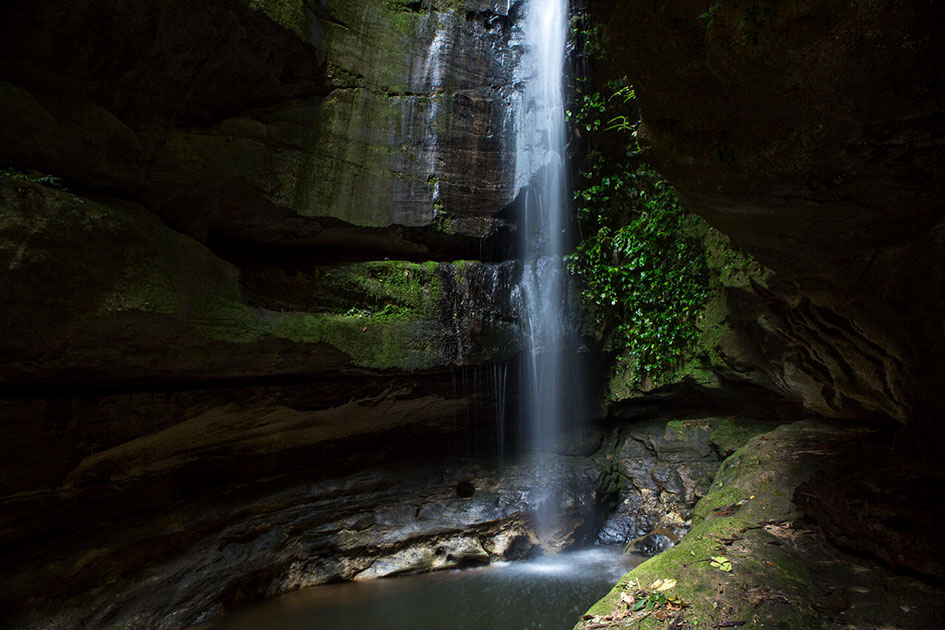
The other bottleneck is the overlapping of the area with some Indigenous Reserve (IR) proposals that, to this day, do not have the Prior Recognition Study (EPR) or the Additional Categorization Study (EAC), due to that there are no guidelines, protocols or the budget to solve these studies that would allow identifying where the Indigenous Peoples in Isolation or Initial Contact (PIACI) are or are passing through. This information would contribute to completing the process of establishing the ACR, without violating the rights of these peoples.
Faced with this, the Regional Government of Loreto (GOREL), organizations and strategic allies have joined forces to generate spaces for dialogue and define agreements with the competent authorities. Among them are the National Service of Protected Natural Areas - SERNANP, the Forest and Wildlife Service SERFOR and the Ministry of Culture - MINCUL, in order to expose the sustainability of the social, environmental and economic benefits of Aguas Calientes Maquía. This natural area would become a key action in environmental and conservation governance, which would have to be seen as a priority by regional and national authorities.
If the Aguas Calientes Maquia Regional Conservation Area is established, it will be possible to reduce the depredation of the forest and, in this way, the risk of landslide or collapse of the mountain range will be reduced. This is how ecological and evolutionary processes, environmental services can be maintained[4] and the conservation of biodiversity, which provide goods and services to Contamana and to the native and rural coastal communities located in the area of influence.
The administration of this important space is framed within the guiding principle of co-management, because people are already sensitized about the importance of the area. This approach is developed thanks to the experiences and initiatives of the population and local authorities, the political will and commitment of the Regional Government of Loreto (GOREL) and the support of non-governmental institutions that have been contributing to improve and strengthen the management of areas protected natural areas. It is expected that soon, all these efforts will crystallize in the long-awaited establishment of the Aguas Calientes Maquía Regional Conservation Area.

